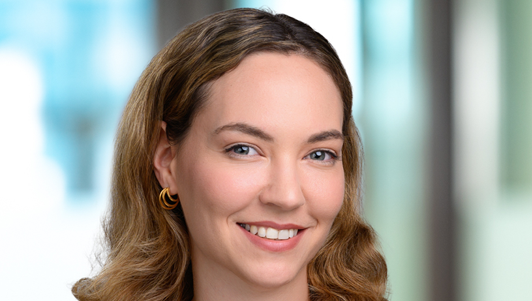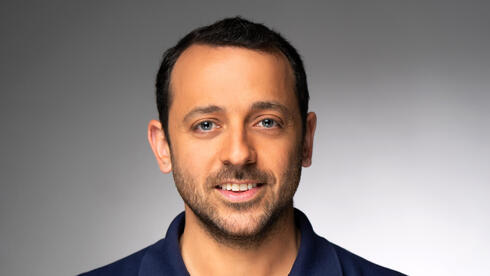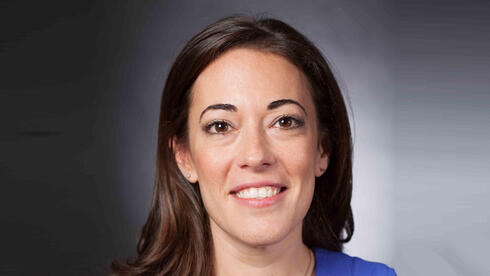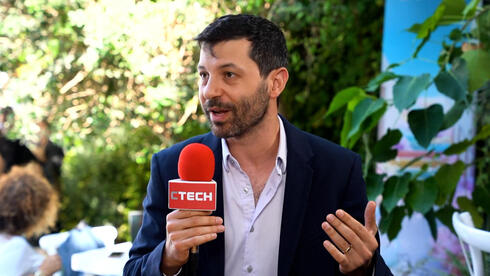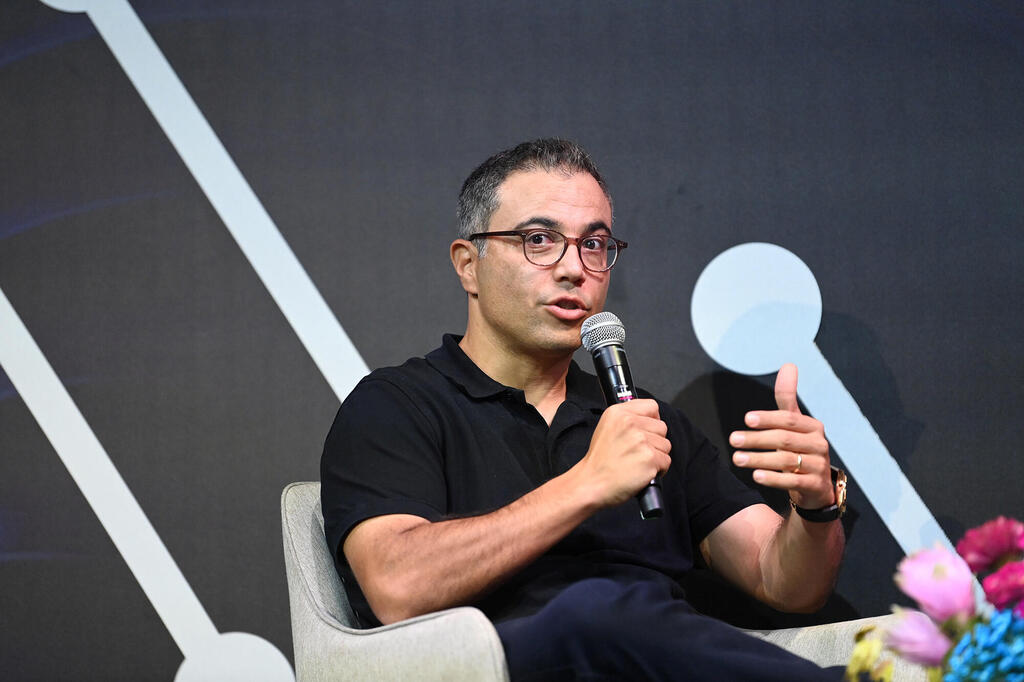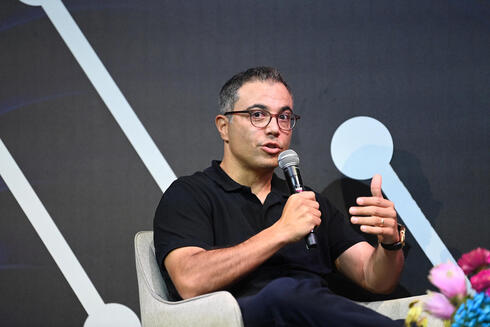
AI Conference
Pagaya CTO: “ChatGPT has become the best marketing agent for AI companies”
Avital Pardo says ChatGPT has made organizations more open to AI adoption, removing skepticism. "We are an AI-native company, founded with the goal of making all credit underwriting AI-based. By transforming AI into a personal technology, we lower sales barriers and accelerate progress toward realizing this vision."
At Calcalist’s AI Conference, held in collaboration with Vultr, Avital Pardo, co-founder and CTO of Israeli fintech Pagaya, described how generative AI has altered the trajectory of his company, and the broader financial industry.
“OpenAI’s ChatGPT is not just a consumer product. It has become the best marketing agent for every company selling AI solutions,” Pardo said. “Five years ago, banks were full of skeptics who didn’t believe in the technology. Today, those same executives use ChatGPT daily, and now they see the greater risk lies in not adopting AI.”
Pagaya, which is publicly traded in New York, was founded a decade ago with the goal of replacing traditional credit underwriting with AI-based models. Unlike consumer-facing lenders, Pagaya pursued a B2B approach, selling its systems to banks and institutional partners. That choice created a bottleneck: organizational reluctance to adopt. According to Pardo, ChatGPT has helped eliminate that barrier almost overnight.
Pardo framed today’s AI moment as the beginning of a second phase in the technology’s evolution. The first, he said, was corporate adoption. The second, now underway, is personal use. “Computers were in companies for years before the PC made them accessible to everyone. AI is following the same path. ChatGPT marked the moment AI became available to all people,” he said.
That shift, he argued, has profound implications. “If twenty-five years ago a bank could not afford not to introduce PCs, today no major organization can afford not to introduce AI,” Pardo noted.
For Pagaya itself, the revolution has been both commercial and technological. On the commercial side, the reduction in skepticism has made sales to large organizations easier. On the technological side, advances in infrastructure have accelerated development dramatically.
“Ten years ago, we had to build everything ourselves. Now, after hundreds of billions of dollars of investment in AI infrastructure, we can do everything much faster,” Pardo explained. “What once took a team a month now takes one person a week. That multiplier allows us to scale our platform and grow without raising costs.”
Asked how far AI-based underwriting can go, Pardo was cautiously optimistic. “We are consistently improving our models by 10 to 15 percent per year. Our vision is to reach an ideal algorithm that closes the information gap entirely,” he said.
For Pagaya, the opportunity is vast. “We are only scratching the surface of a $5 trillion market,” Pardo said. “Speed matters, the faster you move, the more you can advance. That’s what makes AI such a competitive edge.”




